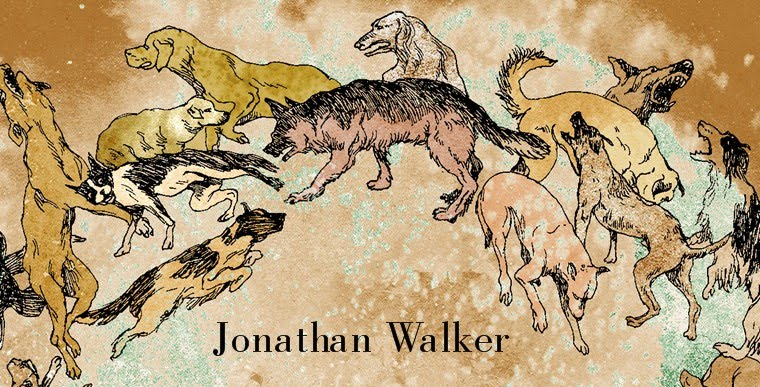There are very few telephoto compositions in Push Process: of the sixty or so unique images, only four (unless you count the shots taken on 35mm film using a 50mm lens). Here’s two large-format, telephoto images (they’re square because they’re both cropped from the 5x4 originals).
There’s a small group of images in the book on the theme of restoration and repair. There’s always somewhere in Venice marked off for work of this kind, and while for many visitors this represents a disappointment, to me it was an opportunity to defamiliarise the urban landscape. Often this kind of work involves erecting scaffolding to cover the façade of buildings, and then covering the scaffolding in translucent grey sheets, turning the surfaces of buildings into anonymous masks. But at some point during the period I was photographing in Venice, they instead started printing to-scale representations of the building underneath on the sheeting, to mimimise the visual disruption. Very postmodern!
The left side of the first image is an example of that: here the reproduction merges more or less seamlessly with the original façade of the palace that now houses the municipal casino. I found the casino seedy during my one visit there, as one of the characters in Push Process suggests: ‘There has to be something at stake for you personally, or it ruins the illusion, and suddenly all you can see are the mouldy curtains, the middle-aged playboys with yellow stains on their fingertips.’
I was also tempted to use this because of the ghostly water taxi (the only example of that craft I had on film), and the light trails, which are probably from a vaporetto moving through the space during the exposure.
The second image is of the railway terminus at Santa Marta – beyond the station itself, where they shunt trains that are not in use. There’s some novelty simply in seeing an image of railway lines in Venice, but if this was an image taken elsewhere, I likely wouldn’t consider it sufficiently interesting on its own terms.







No comments:
Post a Comment